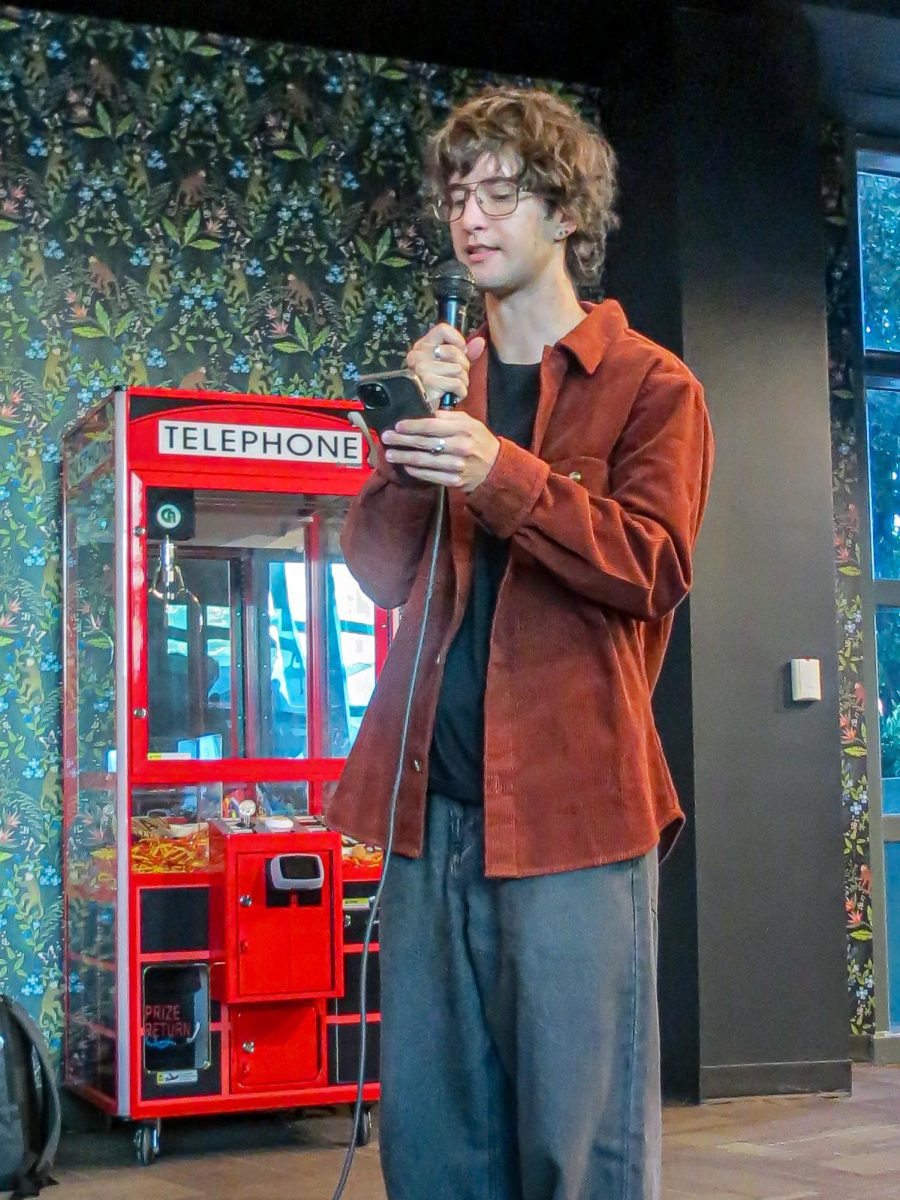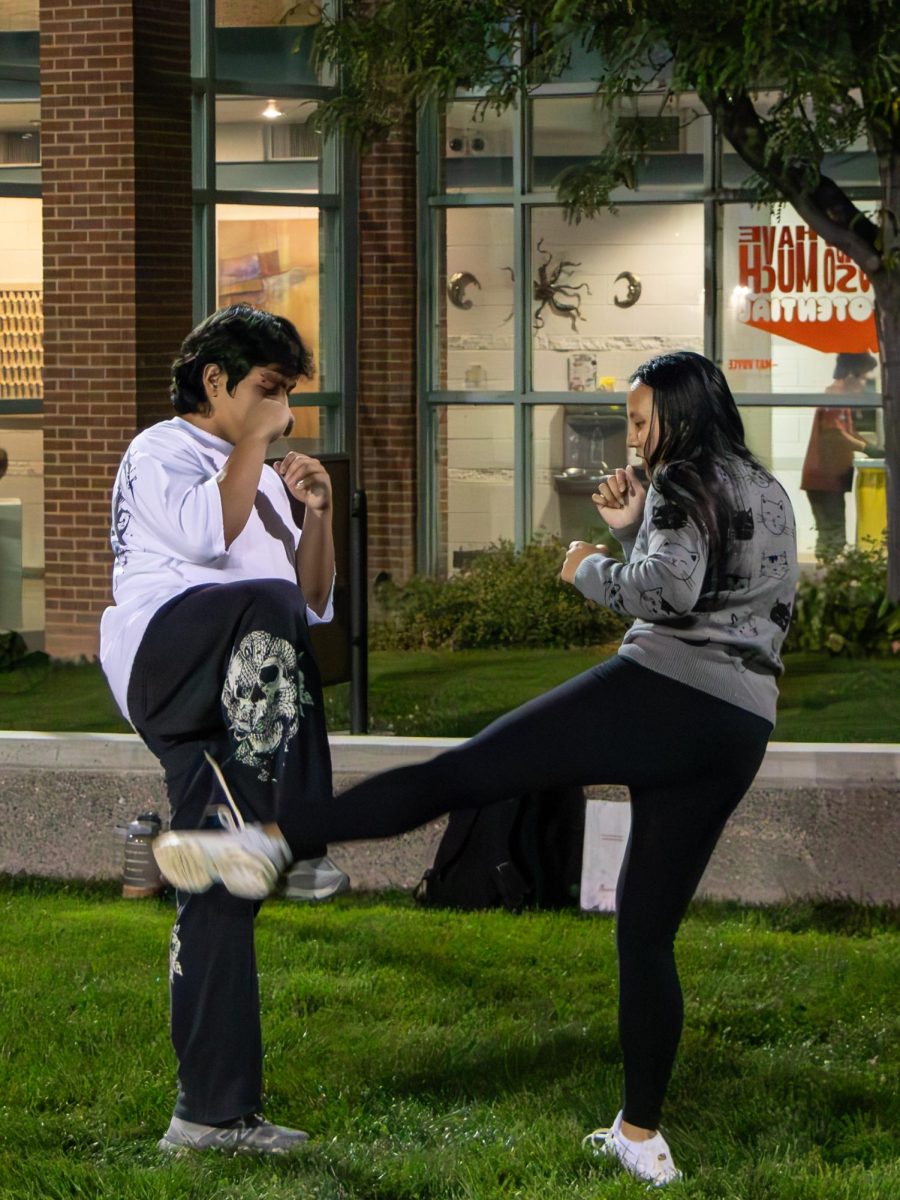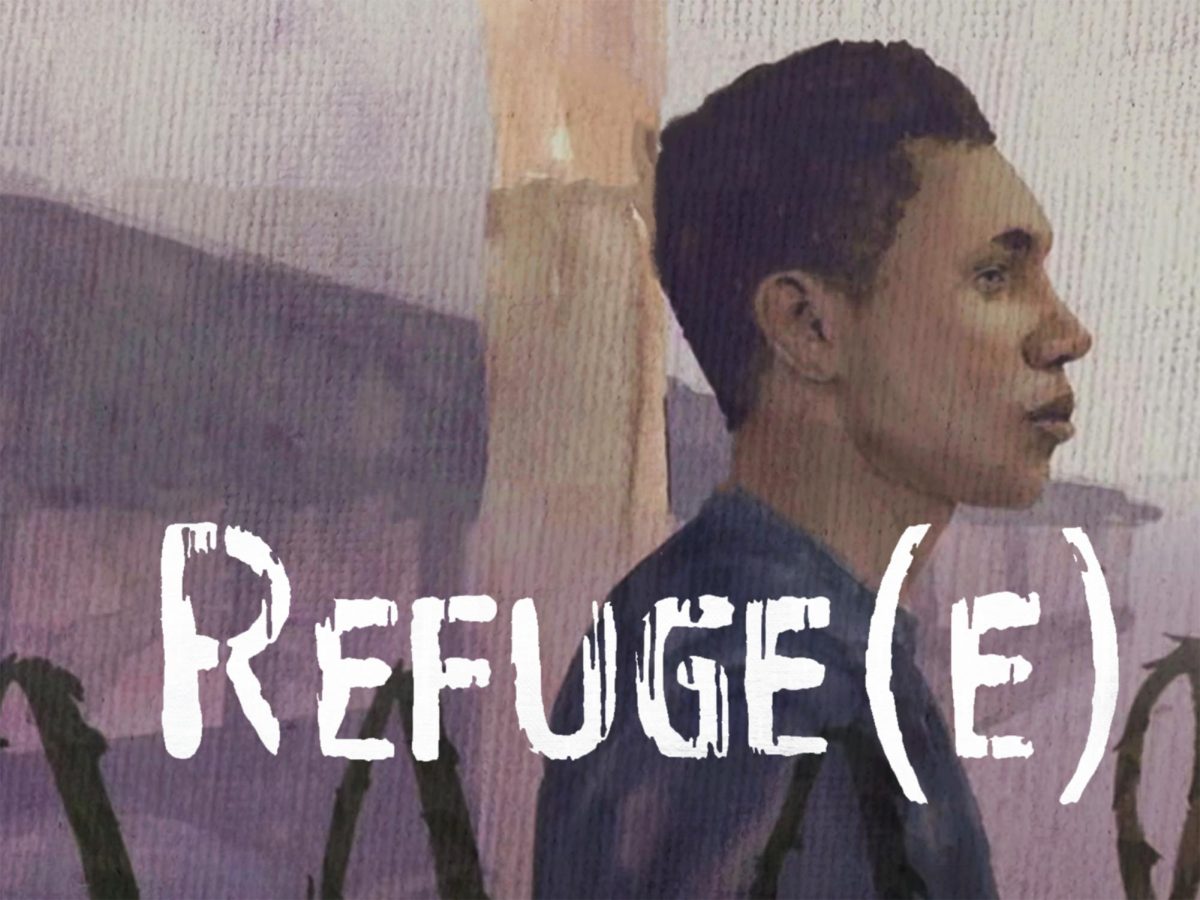Mental illness affects many people. In The United States, alone, 18.2 percent of American adults suffer from some mental illness. Mental illness conditions can be depression, anxiety, bipolar disorder or schizophrenia.
Many students on Colorado Mesa University’s campus today suffer from mental illness. What many students don’t know is that there is also help right on campus. For just $5 a session, students can see a professional counselor at the Student Wellness Center. The wellness center is located across the street from the tennis courts and next to Orchard Hall.
Anna Lee Walker, LPC, LAC, is the behavioral health coordinator, at the Student Wellness Center. The center sees traditional students or nontraditional.
“Yeah, we can see CMU students and independents for counseling,” Walker said.
Mental illness can affect students ability in class, energy levels and more.
“When we are having something going on in our life, it’s hard to focus on academics or a job,” Walker said. “So all aspects of life get affected.”
The amount of CMU students coming to the behavioral health center varies. Most days though, the six counselors have a full schedule.
“I think when more students are aware that we are here, the numbers may fluctuate, but it really varies,” Walker said.
Their ethical standard is confidentiality. They hold that standard high, so if students are worried about parents knowing or other reasons, the student knows to feel safe when talking to one of the therapists.
“We aren’t going to share anything to parents or anyone, without someone’s written consent,” Walker said.
CMU students will receive treatment plans and create a schedule with a therapist that’s best for them. The therapists really work around students’ school schedules to ensure they get the help they need.
“I think there has maybe been one case where someone didn’t follow through, we like to see our students weekly, and as things are improving with them, adjust their treatment,” Walker said. “Whether is every other week or once a month, whatever is necessary.”
According to Walker, there is a lot of support in the Grand Valley area. There are a lot of private practice and community practice for behavioral health.
“A lot of agencies can meet in the community with adolescents. Go to their schools, maybe meet at a park or a coffee shop. A nontraditional clinical setting,” Walker said.
[media-credit id=18 align=”alignright” width=”300″] [/media-credit]
[/media-credit]
There are many ways a CMU can become a counselor for patients in need of behavioral help. CMU has the social and behavioral science department, which has majors in psychology with a concentration in counseling psychology. CMU has 114 declared majors in psychology counseling.
“We would love to talk to someone, even if it’s just about what counseling is and what their options are. This will help link them with the right therapist, even if it’s not here with us,” Walker said.
It is very normal to be scared or nervous to see a therapist. People can feel vulnerable sharing with someone they don’t know, or things that people tend to hide.
“Addressing things concerns now, and learning how to work through them now, will save so much future struggle,” Walker said.
Just giving it a shot can make it all worth it.








